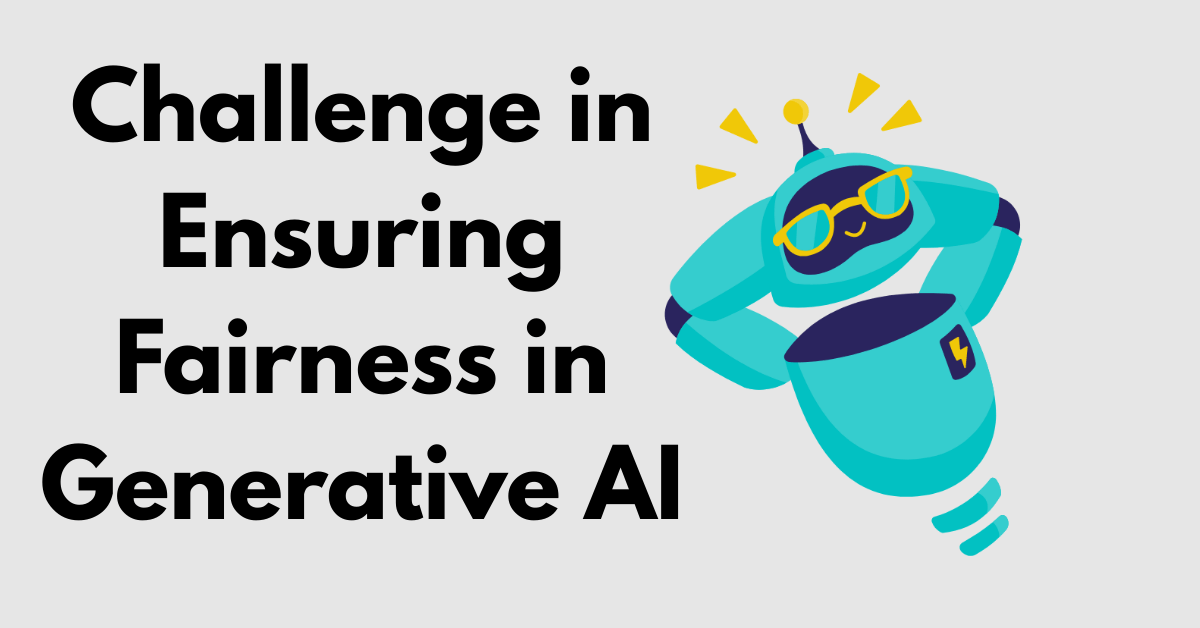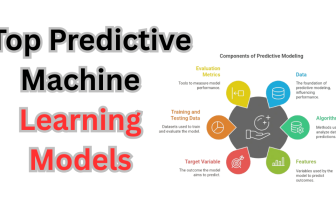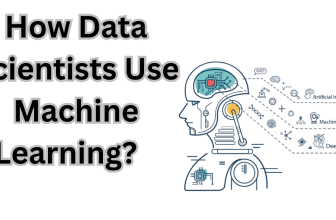AI is transforming industries in ways such as health care improvements and the automation of business. Cultivating the potential for a rather exciting form of generative AI, such as generating text and images, even human like music, at this point, among other things, is where huge possibility meets even great concern: fairness.
So, what is one of the challenges in ensuring fairness in generative AI? The biggest one: bias in AI training data. If the AI system is trained on biased or unbalanced data, biased results could be produced by it. Hence, trust, ethics, and equality issues are attached to it.
This blog looks at how bias can develop, why fairness is important, and what the main challenges are to achieving fair AI systems in practice.
Understanding Fairness in Generative AI
Fairness in AI is related to making sure that output does not favor certain groups, since it still avails it to others. In simple terms, AI results will not favor one gender, culture, or community against another.

For example:
- An AI hiring tool should not prefer one gender by default.
- An image generator should represent diversity equally.
- A chatbot should not reinforce harmful stereotypes.
That’s why fairness in machine learning models becomes crucial. It is the fair AI that increases faith, and the prevention of favoritism towards any group or individual, and benefits everyone by its use of technology.
One Challenge in Ensuring Fairness in Generative AI
Bias is perhaps the most serious obstacle to the goal of equality in generative artificial intelligence. Such immense datasets are used for the training of an AI model, and one can think of some forms of bias that may infect such training samples. If the background is cultural imbalance or anything below completion, then such deficiencies will certainly find their way into the technical model. Ultimately, the outputs would favor subtle directions for a certain target group while unconsciously ignoring or misrepresenting others.
Impact of Bias
AI systems adjudicated by generative processes among the biases would thus produce results that could go either way, based on accuracy, or just become harmful. Biased data would serve to reinforce stereotypes without considering minority viewpoints. This ultimately erodes trust in such AI systems and raises questions about what could be the consequences in real life, should decisions be made purely based on outputs generated through such a system.
How to Address the Challenge
AI developers need to start using diversified, assorted datasets to cut at least half of these issues. Regular fairness tests, audits, and human oversight are valuable to surface issues that machines might ignore. It is very important to bring in ethics with technical duties towards the design, conduct, or improvement of AI algorithms that are open, fair, and trustworthy.
Other Challenges in Ensuring Fairness in Generative AI
Making generative AI fair is not easy. Here are some more obstacles:
Ethical Issues in Generative AI
The effects of the diverse ethical aspects also bring in outputs of AI output-related bias that lead to reinforcing stereotypes, misinformation, and injury among minority members, thus resulting in mistrust and discrimination. Thus, it amounts to a question not only of fairness but also one that undermines the dignity of those affected, apart from accuracy.
Fairness in Machine Learning Models
Testing the AI models, in this context, must also involve testing them for fairness and not merely for performance. If certain groups receive worse results due to race, gender, or culture, then the system is discriminatory. Fairness measurements and transparent processes can mitigate these risks.
Complexity of Fairness
Fairness is not the same everywhere. What is seen as fair by some cultures may be interpreted as unfair by others. This inevitably complicates the search for a universal solution. AI developers must juggle these cultural divergences.
No Global Standards
The existing lack of clear global standards about AI fairness means differences of approach between countries that create inconsistencies in how fairness is interpreted. This leaves the task of making sure fairness exists worldwide without any common standards, an extraordinary challenge.
FAQs
1. What is the one challenge in ensuring fairness in Generative AI TCS?
The predominant issue would be bias in the AI-trained data. It has to be understood that it learns the human-created content given to it. Thus, it can pick up some human bias unknowingly. Therefore, TCS and similar companies will have to filter and monitor the data again to make it bias-free.
2. What are some of the challenges faced in Generative AI?
Similar to other technologies, Generative also has some problems, such as biased data, ethical misuse, non-transparency, security threats, and over-reliance on automations. All this hinders the fairness and reliability of AI.
3. What are the challenges in ensuring fairness in Generative AI?
The biggest include hidden bias, differences across cultures on what is fair, and ethical dilemmas. Without solid human oversight, AI may keep producing unfair or harmful outputs.
Conclusion
Answer the question “What is one challenge in ensuring fairness in Generative AI?” and the answer will be clear: bias in training data for AI is the biggest issue. This bias creates problems for fairness in machine learning models and adds to the larger ethical complications in generative AI.
In this way, the future would appear bright, where the various sources of data, along with fairness-related algorithms and highly humanized monitoring systems, may finally realize a very powerful and trusted AI.
It is about people more than it is about technology in the end. With accountability and togetherness, humans, along with AI, could create that digital future everyone enjoys equally.
References:
https://journals.library.columbia.edu/index.php/stlr/article/view/12765
https://scholarprofiles.me/scholars/latharamamoorthy/publications/37182.pdf







